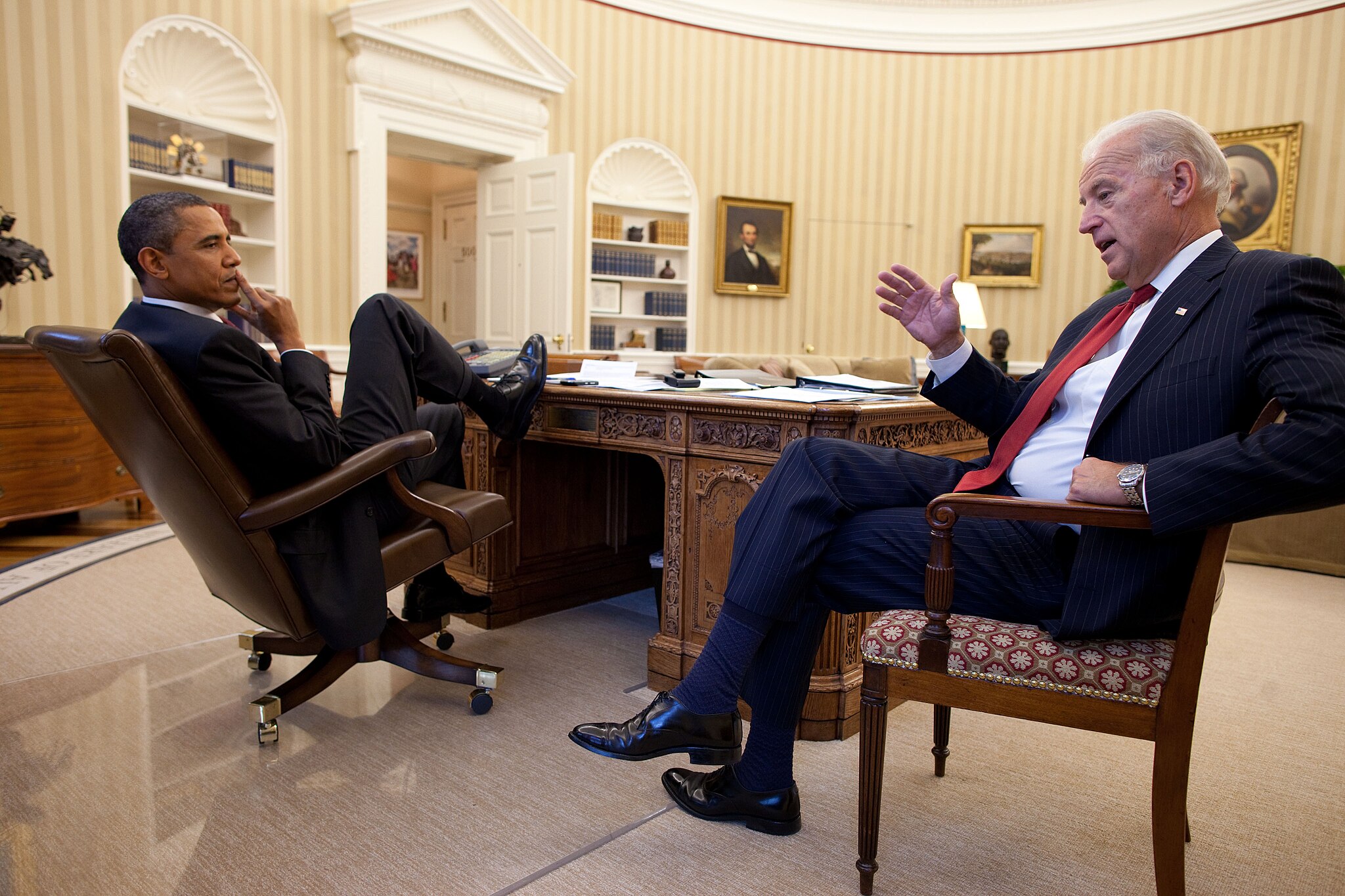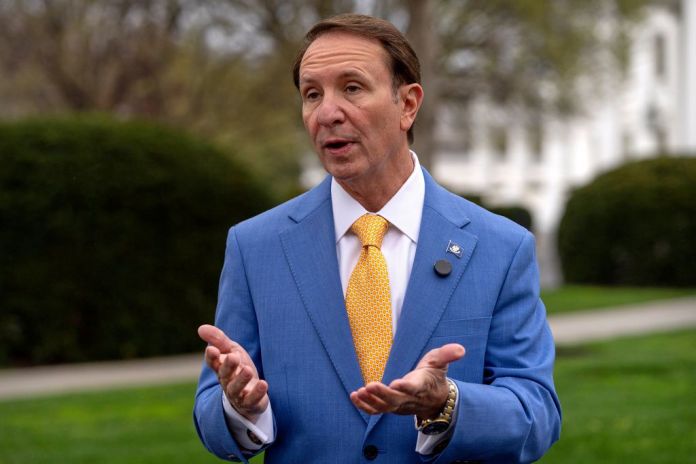Barrett partially agrees with Sotomayor dissent on whether Trump should stand trial – Washington Examiner
The article discusses Supreme Court Justice Amy Coney Barrett’s partial agreement with Justice Sonia Sotomayor’s dissent in a case regarding former President Donald Trump’s immunity from prosecution for official actions. While the Supreme Court ruled in a 6-3 decision that a president is entitled to immunity from prosecution for actions carried out in an official capacity, Barrett expressed in a concurring opinion that there are certain circumstances where official actions can be used as evidence. She emphasized that existing court procedures can handle such situations and there is no need to depart from them. Barrett’s viewpoint aligns with Sotomayor’s dissent which argues that juries should not be blinded to the circumstances surrounding a president’s conduct that could be held liable.
Barrett partially agrees with Sotomayor dissent on whether Trump should stand trial
Justice Amy Coney Barrett agreed with parts of Justice Sonia Sotomayor’s dissent on the Supreme Court’s ruling on former President Donald Trump’s immunity case.
In a 6-3 ruling, the Supreme Court found that Trump is entitled to immunity from prosecution for actions carried out in an official capacity. The court’s opinion written by Chief Justice John Roberts extended this to mean that the president’s actions in an official capacity also can’t be used as evidence that a crime was committed.
While ruling with the majority on this case, Barrett released a concurring opinion in which she states that this is too far reaching and certain circumstances can arise where official actions can be used as evidence.
“A president facing prosecution may challenge the constitutionality of a criminal statute as applied to official acts alleged in the indictment,” Barrett wrote. “If that challenge fails, however, he must stand trial.”
Barrett said sufficient procedures already exist in courts when dealing with official actions that indicate a crime was committed.
“If the evidence comes in, the trial court can instruct the jury to consider it only for lawful purposes,” Barrett wrote. “I see no need to depart from that familiar and time-tested procedure here.”
Barrett pulled from Sotomayor, who wrote the court’s dissenting opinion.
“The Constitution does not require blinding juries to the circumstances surrounding conduct for which Presidents can be held liable,” Barrett wrote.
CLICK HERE TO READ MORE FROM THE WASHINGTON EXAMINER
The Supreme Court fell short of ruling directly on Trump’s actions during the Jan. 6 Capitol riot. This will now fall on lower courts to decide if he is granted immunity.
However, the Supreme Court ruled that a president will not be granted immunity for private acts, but Sotomayor argues that the court’s majority “approach to official-acts evidence deprives these prosecutions of any teeth.”
" Conservative News Daily does not always share or support the views and opinions expressed here; they are just those of the writer."




